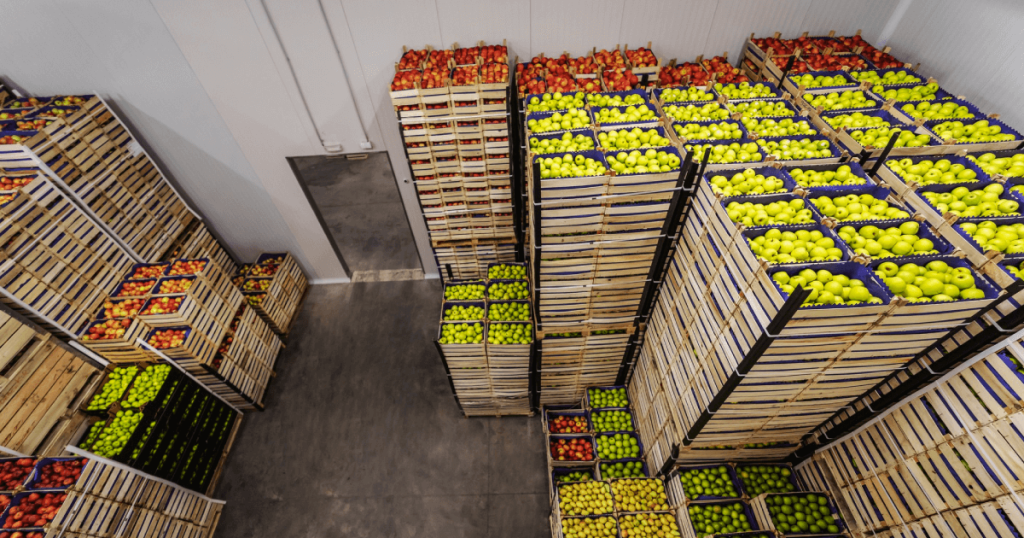The food and beverage industry must provide a seamless omnichannel purchasing experience, high-quality products, and quick customer delivery. To achieve this, efficient logistics and modernized supply chains are essential. Here are five steps to simplify the import-to-customer logistics system:
1. Develop a customer-centered logistics strategy that prioritizes safety.
Understand current and future customer needs and food safety requirements across all channels. This approach guides product offering and channel selection, ensuring flexibility to adapt to future changes. Consider the required segments and their goals, logistical risks, ways to prepare for disruptions or outbreaks, and compliance with governmental regulations.
2. Build a future-proof network.
Leverage information, internal assets, and partner capabilities and unlock the full potential of the supply chain and deliver customer value while ensuring food safety.
Explore possibilities for restructuring logistics teams to capture cross-channel or inter-departmental benefits and avoid information silos. Assess the need for additional skills among staff, effective management and integration of suppliers or partners, utilization of evolving supply chain solutions, and how to measure supply chain performance.
3. Maximize digitization and process automation.
Adopt best-in-class technologies that integrate sales, logistics, and distribution channels, providing real-time data for accuracy and flexibility. Ensure real-time visibility and accessibility of inventory across all channels and locations. Evaluate data capture along the entire supply chain and integration of subsidiaries or partners into the ecosystem. Consider all of this to utilize advanced digital tools to enhance operations.
4. Harness the power of data from a modernized food supply chain.
Utilize analytics for reporting, standardization across departments, and making informed business decisions. Questions include how analytics can predict demand potential, contamination, or outbreaks, increase the availability of inventory, control cash requirements, and help recalibrate the supply chain during market fluctuations or constraints.
5. Streamline and cost-effectively fulfill the supply chain.
Increase speed and quality by leveraging automation, optimizing warehouse operations, and managing transport costs. However, one of the crucial aspects of achieving these goals lies in collaboration with reliable logistics partners.
In conclusion, modernizing a food and beverage supply chain is vital for competitiveness. By following these key steps and adopting the right technology, businesses can simplify the import-to-customer logistics system, meeting customer demands effectively.
Let us introduce EZ Digital-T, the all-in-one solution to revolutionize your supply chain management. This platform offers end-to-end management of operations and connects all supply chain points. With tech-enabled traceability, automation, and comprehensive data analytics for sales, inventory, and delivery, EZ Digital-T facilitates informed business strategies, increasing efficiency and reducing errors.
Experience the future of logistics with and unlock a world of possibilities for your food and beverage business. Stay ahead of the competition and elevate your customer experience to new heights with our solution. Embrace the power of modernization and witness your logistics system flourish like never before.




